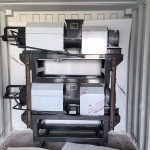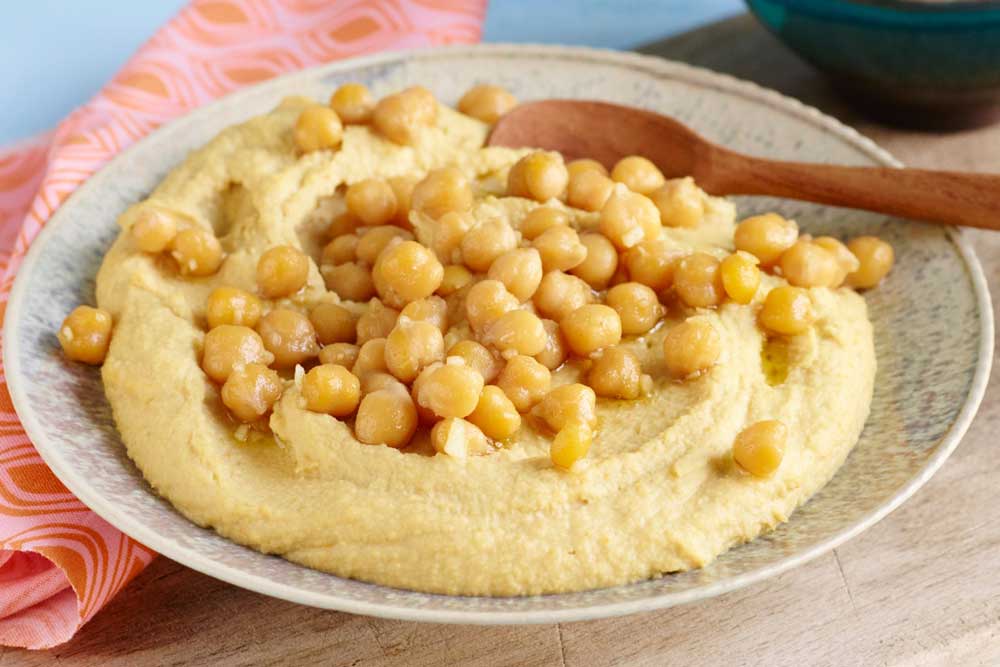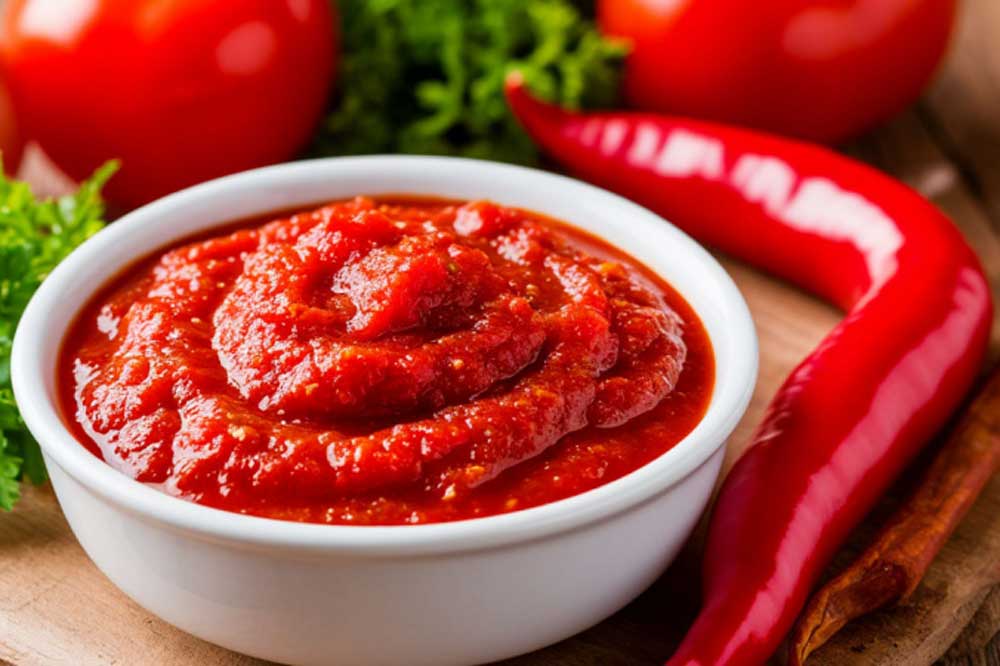
Types of Shrink Film: PE, POF, and PVC
09/20/2024
Shipping 12 Sets of Manure Screw Press to the USA
09/27/2024
Types of Shrink Film: PE, POF, and PVC
09/20/2024
Shipping 12 Sets of Manure Screw Press to the USA
09/27/2024A colloid mill is a vital piece of equipment in industries such as food processing, pharmaceuticals, cosmetics, and chemicals. It is mainly used for finely grinding, emulsifying, and homogenizing materials, making it ideal for products like peanut butter, cocoa bean paste, and chili sauce. In this post, we list some frequently asked questions (FAQs) about colloid mills to enhance your understanding of this machine. If you have any questions, please feel free to contact us!
FAQs About Colloidal Mill
Here are some frequently asked questions from our clients. If you have specific material to process or need technical support, please contact our team for help!
1What is the difference between split-type and vertical colloid mills?
The split-type has a motor positioned separately from the grinding part, which protects the motor if materials with high moisture content leak. In contrast, the vertical colloid mill features an integrated design where the motor and grinder are combined vertically, which is more compact in size.
2Can colloid mills process nuts, like peanuts, almonds, cocoa nibs, sesame seeds, etc.?
Colloid mills can process high-oil-content materials. If you want nut butter or paste, you need to roast the nuts before grinding. While if you want nut milk, you need to soak the nuts first.
3Is colloid mill capable of processing grains such as corn, soybeans, and rice?
Fresh corn can be processed using our colloid mill without adding water, though adding a bit of water will yield a smoother consistency.
Green beans, red beans, and soybeans should be soaked or pre-cooked before grinding, as hard materials can affect the machine's lifespan.
Soaked rice can also be processed with the colloid grinder, and it is recommended to add water during grinding.
4Can colloid mill process bones or meat?
Colloid mills cannot handle hard materials like bones directly. They can easily get stuck in the chamber, damaging the grinding discs and overloading the motor. But it can process the crushed bones and meat. We have videos for your reference.
5Is colloid mill able to process seafood?
Yes. Colloid mills can process seafood. But due to the high salt and chloride content, it is recommended to use 316L stainless steel colloid mill.
6Can colloid mills process chili peppers and other fruits and vegetables?
The colloid mill is capable of processing chili peppers. However, colloid mill is often used for fine grinding or secondary process. It's better to cut big materials into smaller pieces before grinding to ensure a fine and smooth output. Additionally, it can effectively process fruits with high water content, such as apples, pears, and strawberries. However, it is not suitable for materials with high fiber content. If you have specific materials, please feel free to discuss with us! Please polish the text
7What are the material options for colloid mill construction?
Our colloid mills are typically made from stainless steel (304 or 316L), depending on your requirements.
8Can a colloid mill be customized for specific needs?
Of course. Furui Machinery offers customized solutions tailored to your specific needs, such as the voltage requirements or mobile wheels, machine material, and more.
9Can colloid mill be used as a standalone or integrated into a production line?
It can be used both as a standalone unit and work with other equipment, such as roasting, for large-scale business. Furui Machinery also offers the related equipment to meet your needs.
10What particle size can achieve and it possiable to adjust the fineness?
The particle sizes generally range from 200 to 50 meshes, depending on the material being processed. And the fineness can often be adjusted by changing the gap between the rotor and stator, as well as by adjusting the speed of the rotor.
11Does the colloid machine come with a warranty? Do you offer technical support after purchase?
Yes. It takes a one-year warranty. And we will provide technical support, including installation, test run(videos), user guidance, etc. Spare parts are also available.




